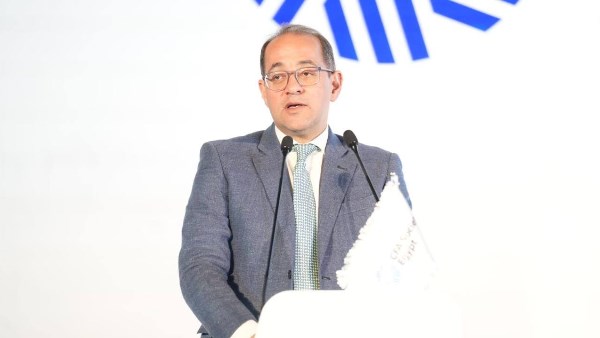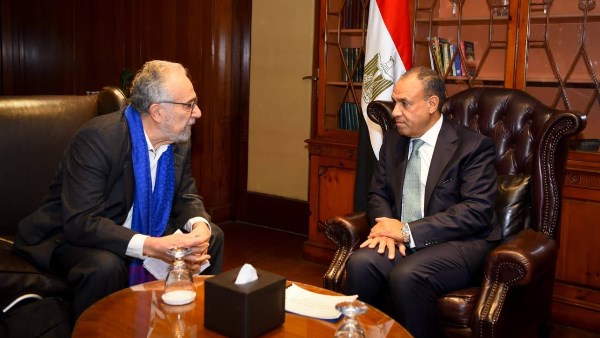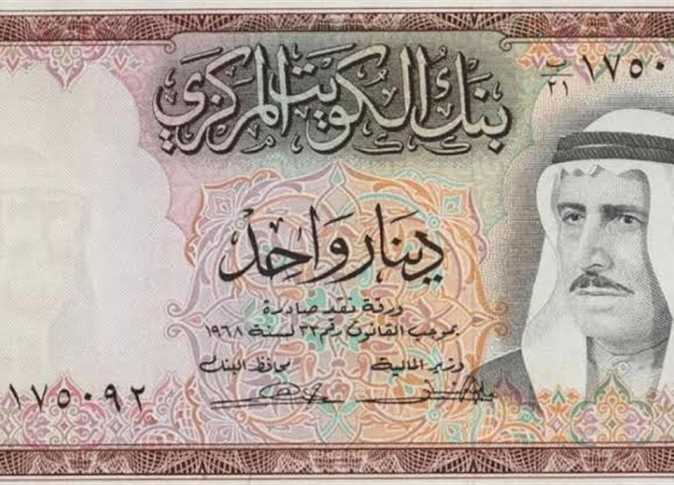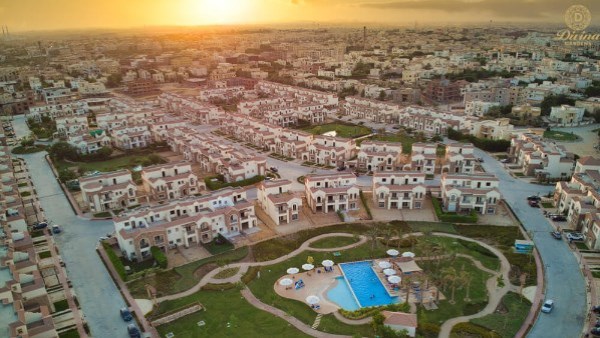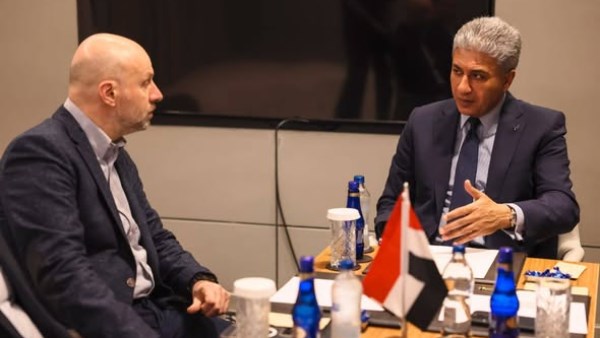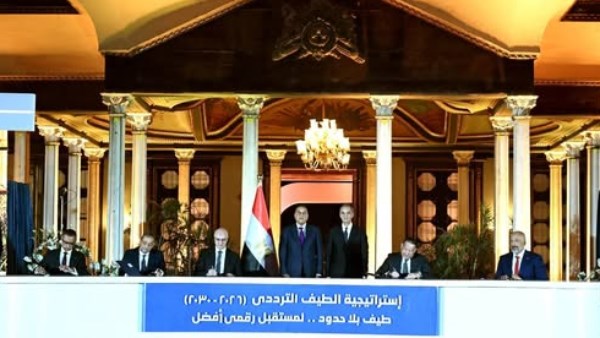
There are debates in Washington regarding whether South Africa should continue to benefit from AGOA
U.S. slams ‘meritless’ Israel genocide suit، reigniting tensions with South Africa

South Africa’s genocide accusation against Israel has placed further strain on an already frayed relationship with the U.S. and could have serious diplomatic ramifications.
The International Court of Justice، the U.N.’s highest legal body، will this week hear acase brought by South Africathat accuses Israel of committing genocide against Palestinian people during the assault on the Gaza Strip. The suit also seeks an emergency suspension of the military campaign.
Diplomatic disagreements
U.S. National Security Council spokesperson John Kirby last week called the lawsuit “meritless، counterproductive، and completely without any basis in fact whatsoever،” whileIsrael has rejected it as “blood libel.”
This is the latest divergence in a series of diplomatic disagreements between Washington and Pretoria، which the U.S. sees as being too close to Russia and China.
In May 2023، when U.S. Ambassador Reuben Brigetyaccused South Africa of running guns for Russiavia a mystery merchant ship، a South African inquiry found no evidence of the alleged arms shipment، but ties between the two historical allies remained taut.
Before that، Brigety and other U.S. officials had repeatedly criticized Pretoria for its policy of nonalignment regardingthe war in Ukraine، which Washington interpreted as favoring Russia.
Russia's invasion
South African President Cyril Ramaphosa fiercely refuted the suggestion، and his government has since further clarified that it does not support Russia’s invasion.
Yet Chris Vandome، senior research fellow at Chatham House’s Africa Programme، told CNBC on Monday that the conflict in the Gaza Strip has erupted at a time when the U.S.-South Africa relationship is “at a low point.”
“Over the past two years a succession of frustrations، including South Africa feeling it is being pushed on Russia-Ukraine، the U.S. Ambassador’s statements on South African domestic security and on its relationship with Russia، and U.S. policy on China in Africa، have all contributed to the worsening of this relationship،” Vandome said.
Though Africa’s most industrialized nation has long been a “thorn in the side” of the White House as far as Israel-Palestine is concerned، Vandome suggested the latest divergences are compounding these frustrations.
Punishing South Africa
“Debates in Washington regarding whether South Africa should continue to benefit from AGOA [the African Growth and Opportunity Act] have spurred diplomatic efforts from South Africa to protect its most important investment partners، but many in the county view such discussions as threats which only serves to harden ideological anti-western positions،” he said.
Enacted in 2000، AGOA is a key tenet of U.S. economic policy in Africa that provides duty-free access to the U.S. market for more than 1،800 products across 32 eligible countries in 2024.
The Office of the United States Trade Representative stipulates that، in order to meet the rigorous eligibility requirements، countries must “establish or make continual progress toward establishing a market-based economy، the rule of law، political pluralism، and the right to due process.”
“Additionally، countries must eliminate barriers to U.S. trade and investment، enact policies to reduce poverty، combat corruption، and protect human rights،” the USTR states.
‘Solidarity against apartheid oppression’
South Africa’s close relationship with Russia is based on a multitude of factors past and present. Pretoria has repeatedly cited the USSR’s historical anti-apartheid support، and there is a pragmatic impetus to maintain friendly ties with a fellow BRICS member.
During a visit from Russian Foreign Minister Sergey Lavrov last January،South African Foreign Minister Naledi Pandor saidthat BRICS countries should play a proactive role in the emergence of a “redesigned global order.”





-1120252475029447.jpg)



